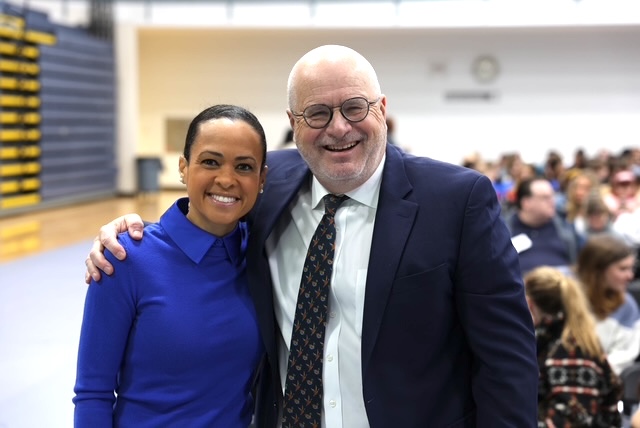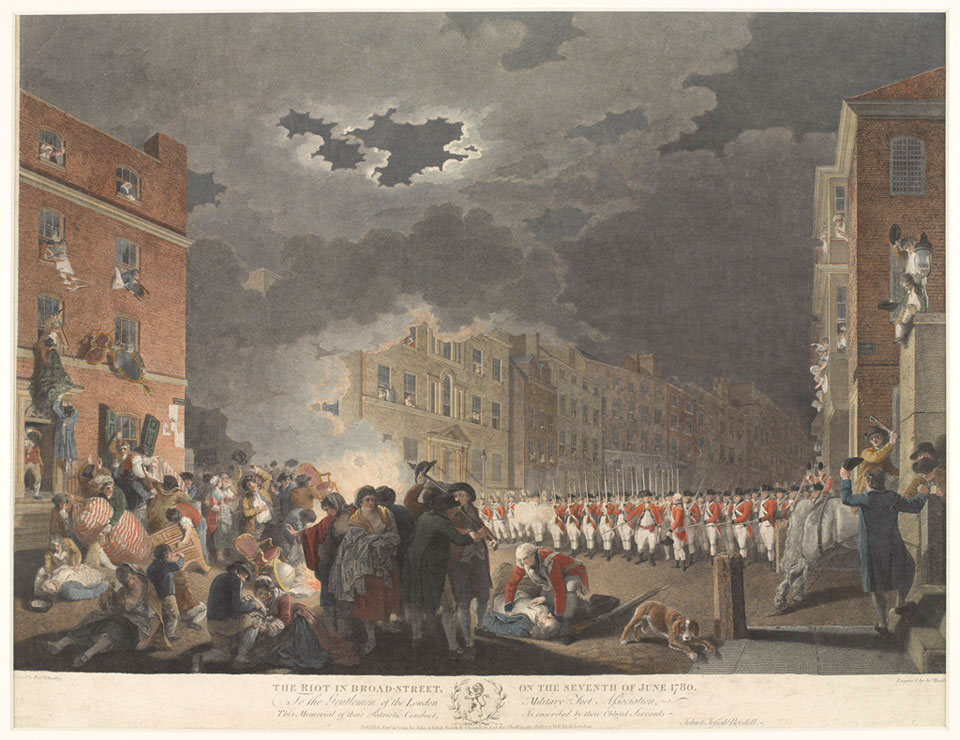Why TV People Speak in Front of Bookshelves
December 20, 2020
 Concentrating on the talking heads is tougher, now that they have all positioned themselves in front of bookshelves. I keep trying to read the titles. Is it odd that people who make their living with the liquid authority of their voice all chose to pose in front of silent squiggles of ink? It is honest: These glamorous broadcast journalists have always relied on the printed word to background their stories. And the rumor of books’ death is obviously exaggerated, since anyone who wants to look smart still uses them as props. “Rachel Reeves has taken no chances here,” tweets Bookcase Credibility of a tv interview from the British politican’s home. “Everything is bookcase. No gap has been left where credibility might leak away.”
Concentrating on the talking heads is tougher, now that they have all positioned themselves in front of bookshelves. I keep trying to read the titles. Is it odd that people who make their living with the liquid authority of their voice all chose to pose in front of silent squiggles of ink? It is honest: These glamorous broadcast journalists have always relied on the printed word to background their stories. And the rumor of books’ death is obviously exaggerated, since anyone who wants to look smart still uses them as props. “Rachel Reeves has taken no chances here,” tweets Bookcase Credibility of a tv interview from the British politican’s home. “Everything is bookcase. No gap has been left where credibility might leak away.”
Writer Annabel Crabb calls bookcase backdrops “an intellectual come-hither not offered by a ficus and a coffee table. It is pretentious and high risk at the same time, because the collection the featured person thinks is marvelously highbrow might in fact mark them as a dickhead–depending on the audience.” With this gamble in mind, The New York Times did some sleuthing, zooming in on the titles behind the celebs. But what if they were like a physicist I once dated? When I admired the content of his bookcase, he waved the compliment aside: “Oh, I haven’t read any of them. You just need books on the shelf.” That fast, I lost interest in him.
Books are sacred to me. I have yet to forgive Marie Kondo, who keeps only thirty at a time. After backlash from my coreligionists, she insisted that she is not anti-book. But predicting sparks of joy by glancing at a cover is almost as unforgivable as a designer “quieting” a bookcase’s contents by wrapping every book in a matching pastel dust jacket.
Page through photographer Steve McCurry’s On Reading, and you see, first, the total absorption a book allows. An older woman sits reading with a cup of tea in early morning’s soft light, her face serene. Turbaned and bespectacled, a man reads in a makeshift cave in India, a giant sun-baked tree root framing the entrance, a canopy of dried grass and burlap shading the page. An old woman at Lourdes hunches over her prayer book, the real miracle happening between the words and her heart.
This is different from fixating on a screen, clicking as the contents jitter and glow. It is different from swiping a sleek matte reader. It is holding a particular object, one that is powered only by your brain, and letting the words soak into you. Taking your time. Not glancing down to see how many words are left in the book; not breaking away to check email.
A book lives inside you, because you meet it halfway, cradle it, sneak a peek at the end, scribble in the margin, return to an earlier passage. Do not underestimate the tactile: the weight, the smoothness of the page, the soft black ink, the dog-eared corners where somebody just could not hold their eyes open another minute, the occasional tearstains.
Books “are light enough to carry, yet so heavy with worlds and ideas,” says Nnedi Okorafor in The Book of Phoenix. “I love the sound of the pages flicking against my fingers. Print against fingerprints. Books make people quiet, yet they are so loud.”
Because they are even more mobile than our most mobile devices, books show up with odd juxtapositions. McCurry snaps a shot of a young woman in Foligno, Italy, sitting next to a gargantuan skeleton’s bony toes, her own prettily polished in red sandals. She reads intently, easy in the giant’s presence. A guy with a hoodie over his Pittsburgh Steelers cap reads an old book, heavy enough for gravitas, on the New York subway. A dark-haired young man leans against a split-rail fence in the Dolomite Mountains, boots sinking into the snow as he devours Woody Allen’s biography.
A young Serbian man sits on rough ground reading a newspaper, his expression hollow, the fires of ethnic warfare raging hot orange behind him.
“Only connect,” E.M. Forster urged. The written word is solitary, completing a circle that requires only one writer, one reader, one string of sentences. But that string can rope us together. “You think your pain and your heartbreak are unprecedented in the history of the world, but then you read,” noted James Baldwin. “It was books that taught me that the things that tormented me most were the very things that connected me with all the people who were alive, who had ever been alive.”
Even the act of reading can connect. At least, that is what the guy in the L.A. laundromat is hoping, as he holds a book high and reads its passages into a mic for the other patrons’ (and McCurry’s) amusement. A blond woman in a strapless black camisole and leggings, artfully casual, reads in a hotel lobby in St. Moritz, her body angled away from the man reading in the next alcove. Their lives may never intersect—but could so easily, if one of them commented on what the other was reading.
Books also give solitude permission. A man on a transatlantic flight, his the only light glowing, reads while others sleep. In night’s silence, what you read somehow carries more import, weighted by loneliness and sharpened by the absence of distraction.
A woman in a soignée black dress looks entirely at ease sitting alone at a bar in Capetown. Though the photo glows with gem-colored liqueur bottles and gold appointments, she is absorbed in gray text. A book can make a marvelous prop, excuse, or diversion—and sometimes it is far better company than the alternative.
Travel writer Paul Theroux shows up in one of the photos, perched on a shoeshine stand next to a Zoltar fortune-telling machine in exotic Hot Springs, Arkansas. He is deep into a book, and the image does not look posed. I imagine they had arranged to meet, and McCurry came upon him and said, “Don’t move. Don’t even look up.” Because who wants to interrupt somebody engrossed in a good book? And because the way he was reading would drop a clue to who he was.
Read more by Jeannette Cooperman here.






